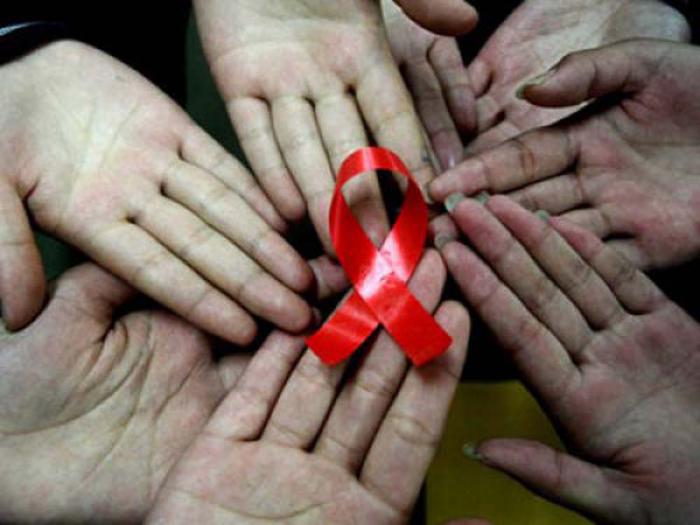
The blue skirt of her school uniform clung tighter to her body when she was told the news. She didn't understand the doctor's terms, but as soon as she read the desperation on her sister's face, she knew she was in trouble, the kind of trouble she wouldn't get out of without the family meeting being alerted.
Las Tunas, Cuba. – To not break her mother's comfortable innocence, Yeny had told her sister that she felt an abnormal burning in her vagina, almost painful, and that sometimes she bled during sexual intercourse. Her confidant immediately deduced that something was wrong and decided to take her straight to the Neck Pathology Clinic at the “Guevara Hospital.”
She shivered out the door with the number six in front of her; she hid her face between her fingers and outside she heard the verdict as a scolding. "It's nothing, it's condyloma, warts in there..." She didn't quite understand the new distribution of time, the way it suddenly freezes. She could only ask: "Am I going to be cured, do we have to tell mummy?"
Yeny was referred to her health area to start treatment. There, she heard tough stories associated with Sexually Transmitted Infections (STIs), such as that of another teenager whom her ex-partner on social media exposed, and her entire municipality learned, firsthand, that she had condylomas.
In the green-clad room of her doctor's office, she learned the hard way that STIs are a silent threat that can cause irreparable damage if not detected and treated in time. Diseases such as gonorrhea, syphilis, and HIV can lead to serious complications, including infertility, cancer, and, in some cases, death.
They spoke clearly to him there. Hers, like so many other infections, caused by a variety of bacteria, viruses, protozoa, and parasites, can have devastating effects on reproductive health if not properly treated, and she was even assured that they could deprive her of becoming a mother.
Under her parent's tearful supervision, Yeny heard that STIs can cause a range of reproductive health complications. For example, diseases such as gonorrhea and chlamydia can cause pelvic inflammatory disease (PID), which can permanently damage the fallopian tubes, leading to infertility and an increased risk of ectopic pregnancy. In addition, genital herpes, syphilis, and HIV can be transmitted to babies during pregnancy and childbirth.
There were times when the teenager felt like crying herself, but she knew there was no point. If she had been careful...
STI prevention is essential to protect health and the community as a whole. Comprehensive sexuality education, access to contraception, and regular testing are key tools to avoid these infections.
In Las Tunas, as in many other parts of the world, lack of awareness and the stigma associated with these diseases can be barriers to prevention and treatment. Efforts must be made to educate the population and foster an environment where people feel comfortable seeking help and treatment.
It is no exaggeration to say that these infections are much more than a health problem but also qualify as a social and economic problem. They leave indelible scars on the most vulnerable groups, especially in adolescence, when they do not have the tools to deal with the disease without the conditional dose of shame. They can cause great personal suffering and also place a financial burden on the health system.
Yeny has come out of this difficult time more mature. She has learned about her illness and the best treatments in Cuba and around the world, but she and her mother have unfinished business... Talking about sexual initiation, intercourse practices, the need for protection and so many other related issues cannot be put off by young people's access to other sources of information. The warmth of the home guides, alerts, and in many cases, can also save lives.